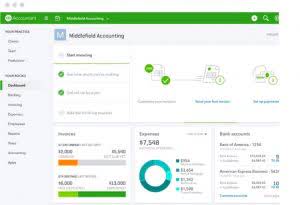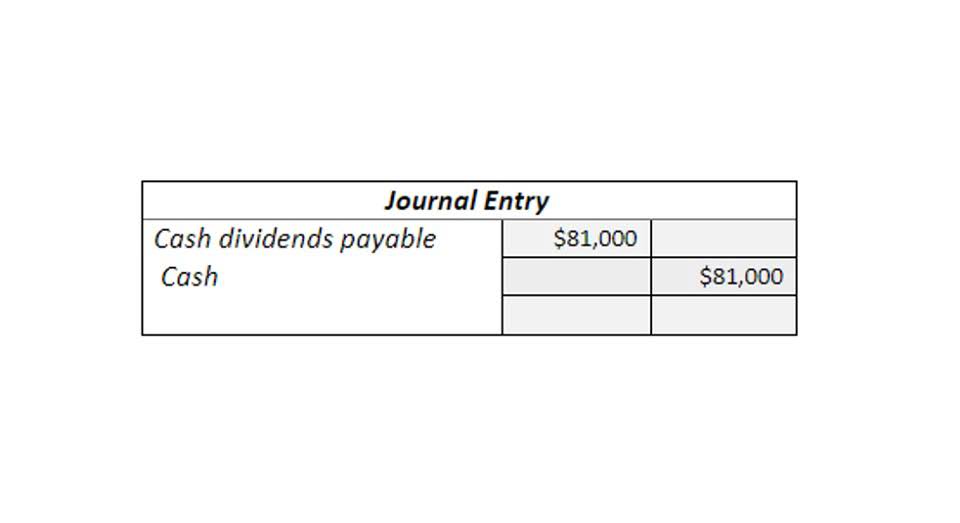Taylor Swift donates $250K to Kansas City nonprofit benefiting children, families

While private share donations are complex, they can provide nonprofits with substantial financial resources. For donors, such gifts often come with significant tax benefits, including deductions based on the fair market value of the shares and the avoidance of capital gains taxes. For nonprofits, saying “yes” to private shares opens doors to new, often untapped sources of funding. Some of your favorite nonprofit or charitable organizations may be able to accept stock donations. These trial balance types of donations are often made to avoid capital gains taxes and maximize the benefit a donor can give to an organization. There are tax deduction rules around what you can report on your taxes, and the organization must have a brokerage account to receive the stock.

How to Handle Stock Donations
Generally, the tax advantages of donations are greater for the wealthy, as a large portion of their income could otherwise be subject to the 37 percent rate. However, even those with more modest incomes can benefit from donations. A simple, easy way to give away appreciated stock and do it all (contribute and grant) in one place.

How to donate stock to charity
In less how to accept stock donations than 2 minutes you have donated your stocks to a nonprofit organization you care about. Donors that have stock with a fair market value of at least $500 are eligible to donate stock via Donorbox’s integration with The Giving Block. In any given year, you can deduct up to 30 percent of your adjusted gross income from donations. Any excess contributions can be carried forward on your tax return for up to five years. You can claim a deduction for the value of the stock, legally avoiding tax, and the charity gets the full benefit of the stock.
Reasons Why Nonprofits Should Accept Stock Donations
- By donating stock, some donors may actually be able to give 20 to 40 percent more than if they sold the stock, paid taxes on their profits, and then made a donation.
- You can claim a deduction for the value of the stock, legally avoiding tax, and the charity gets the full benefit of the stock.
- As you promote your stock giving option in marketing and conversations, direct donors and prospects straight to your new stock giving page.
- This allows you to donate the stock to the fund, take an immediate tax deduction, and then decide later which charities will receive the funds.
- They don’t have to pay any capital gains taxes on the value of the security if it has increased in value while they held it.
- First, donating stock allows donors to avoid both capital gains and state income taxes that they would otherwise need to pay if they instead sold the stock to donate cash.
Donorbox’s new integration with The Giving Block allows nonprofits to accept donations of stock and crypto – which majorly boosts both their fundraising revenue and donor acquisition. Donors who may not have the liquid assets to donate to your cause can choose instead to donate any stock holdings they have. This allows them to be charitable and receive tax benefits even when they don’t have significant liquid funds to donate.
- There are a few key benefits that donors experience when donating stock to a nonprofit.
- Assume you invested $1,000 in Apple five years ago and today your stock is worth approximately $5,000.
- When giving you always want to maximize the impact of your donation to the charity or nonprofit you care about.
- In this guide, we’ll walk you through the benefits of accepting stock donations, as well as how to easily ask for stock donations on your Donorbox donation form using our new integration with The Giving Block.
- Historically, giving and accepting stocks has been messy and overly complicated for both donors and nonprofits.

Meanwhile, if you donate the stock directly to a charity, you pay no capital gains tax—and neither does it, assuming it’s a tax-exempt non-profit (the only kind you should be considering, really). This way, the amount that would have gone to the Internal Revenue Service (IRS) as taxes stays with the charity. IRS compliant contribution receipts are sent to the email address provided by the donor as soon as the gift of stock is received to the account specified in the stock transfer DTS Instructions. Contributions are recorded and contribution receipts are dated as of the date the gift of stock is received.

If you entered an invalid email address or do not receive a contribution receipt, please email us at It is important to make sure the organization is following its gift policy and properly records transactions related to the donation of stock and subsequent sale of stock. Please contact a member of the Hawkins Ash CPAs nonprofit team if you have any questions or need assistance regarding stock donations. That’s simply by adopting a fundraising strategy that opens the door to all kinds of gifts, including stock donations. Considering all of these benefits, it’s surprising how few people actually choose to donate stock.
Transferring Stocks Between Institutions
- Most simply aren’t aware of the opportunity; others assume the process is too complicated and time-consuming.
- Yes, there are many nonprofits accepting stock donations, including several that are utilizing the integration with Donorbox and The Giving Block.
- The first and most prominent option is initiating a stock gift online, which will prompt the donor to complete a form.
- It should not list the value of the stock received since the organization is not in the business of valuing stock.
- Dr. James found that nonprofits that accepted any kind of non-cash gifts (as well as cash gifts) saw a growth of 50%.
You should donate stock instead of cash because you can donate more money that way. If you sold the stock and then donated the cash, you would likely first have to pay a 15% or 20% tax on any long-term capital gains that the sale generated, depending on your tax bracket. When you choose to open your nonprofit to accepting stock donations, your organization can attract those that are determined to only offer stocks for charitable purposes. Did you know that 90% of the average U.S. citizen’s wealth is tied up in non-liquid assets like stocks or business interest? This significant amount could be the reason why you’re hitting a ceiling with your donor acquisition – and why you should accept stock donations. In the same way donors can give cash to a nonprofit, they can also give stock, ETFs, and other securities.
Will donors receive any tax benefits with stock donations?
No matter your reasons, you’ve decided your nonprofit needs to begin accepting stock donations. Ultimately, stock donations allow for donors to give more to the causes that are meaningful to them and for nonprofits to maximize their fundraising potential. Generally, donors aren’t making stock donations simply because they don’t understand the benefits and nonprofits aren’t asking for them. After receiving a stock donation, the final step is to send the donor a tax receipt that complies with IRS requirements. Most charities accept publicly traded stock, but not all organizations can accept private company stock or other non-liquid assets.
They don’t have to pay any capital gains taxes on the value of the security if it has increased in value while they held it. If you’re looking to expand your target audience, consider diversifying giving options for your nonprofit to entice more people to donate. Given the extra hassle of transferring stock, it may virtual accountant not make sense to donate stock if you only want to donate a small amount. As mentioned before, you can only claim a tax deduction for stock gifts if you itemize deductions on your tax return. If you are making a one-off donation, it may not exceed the standard deduction amount.

Leave a Reply